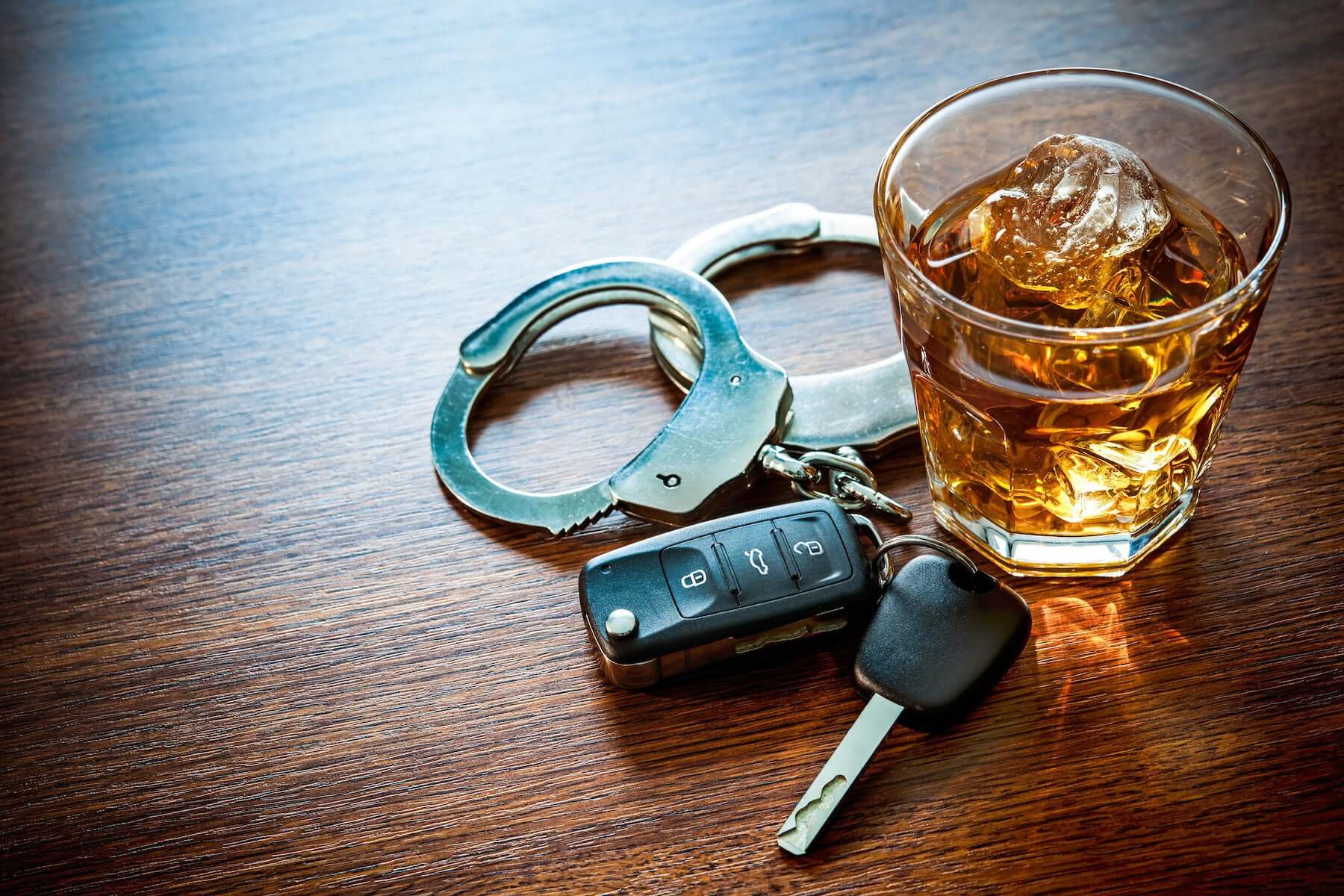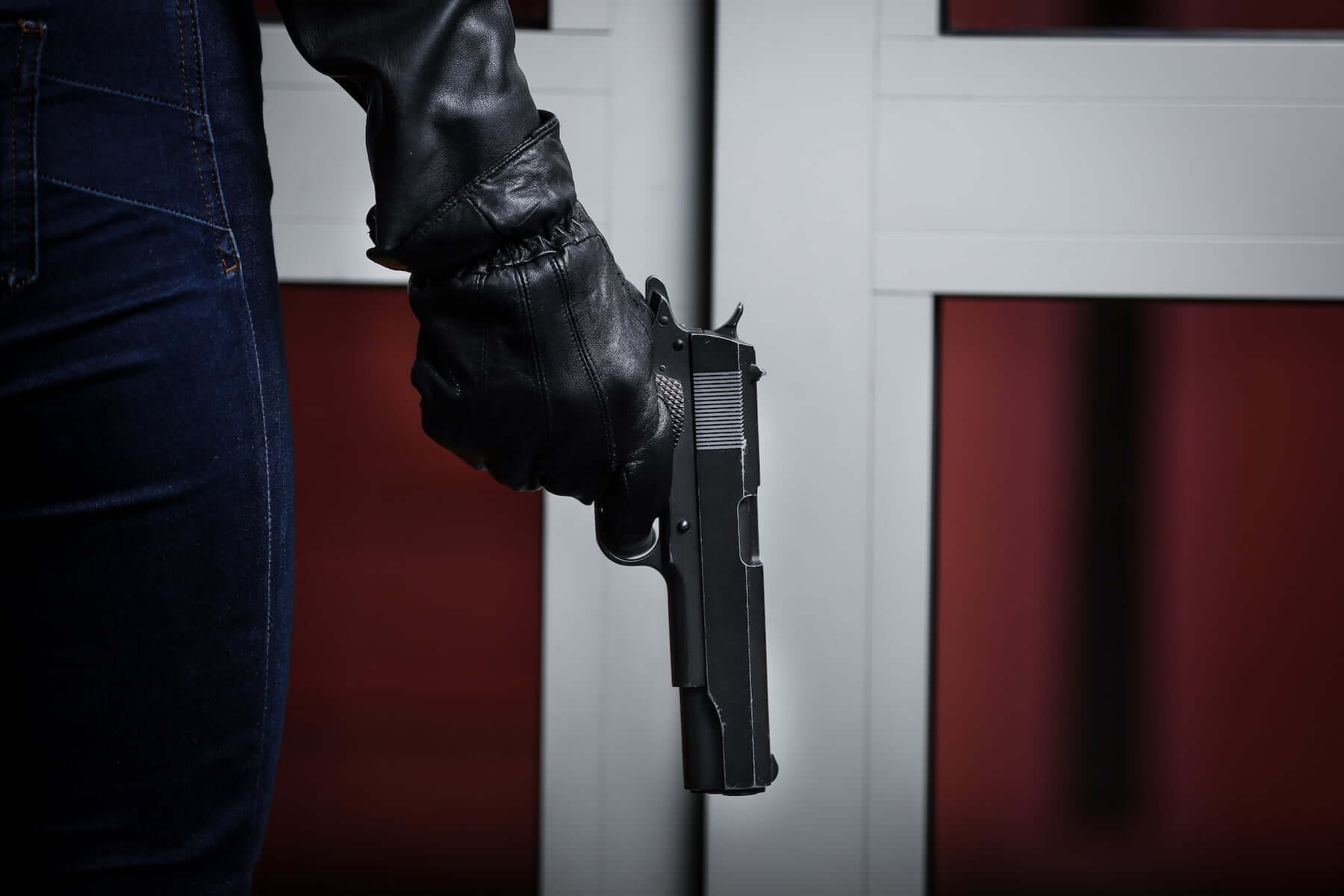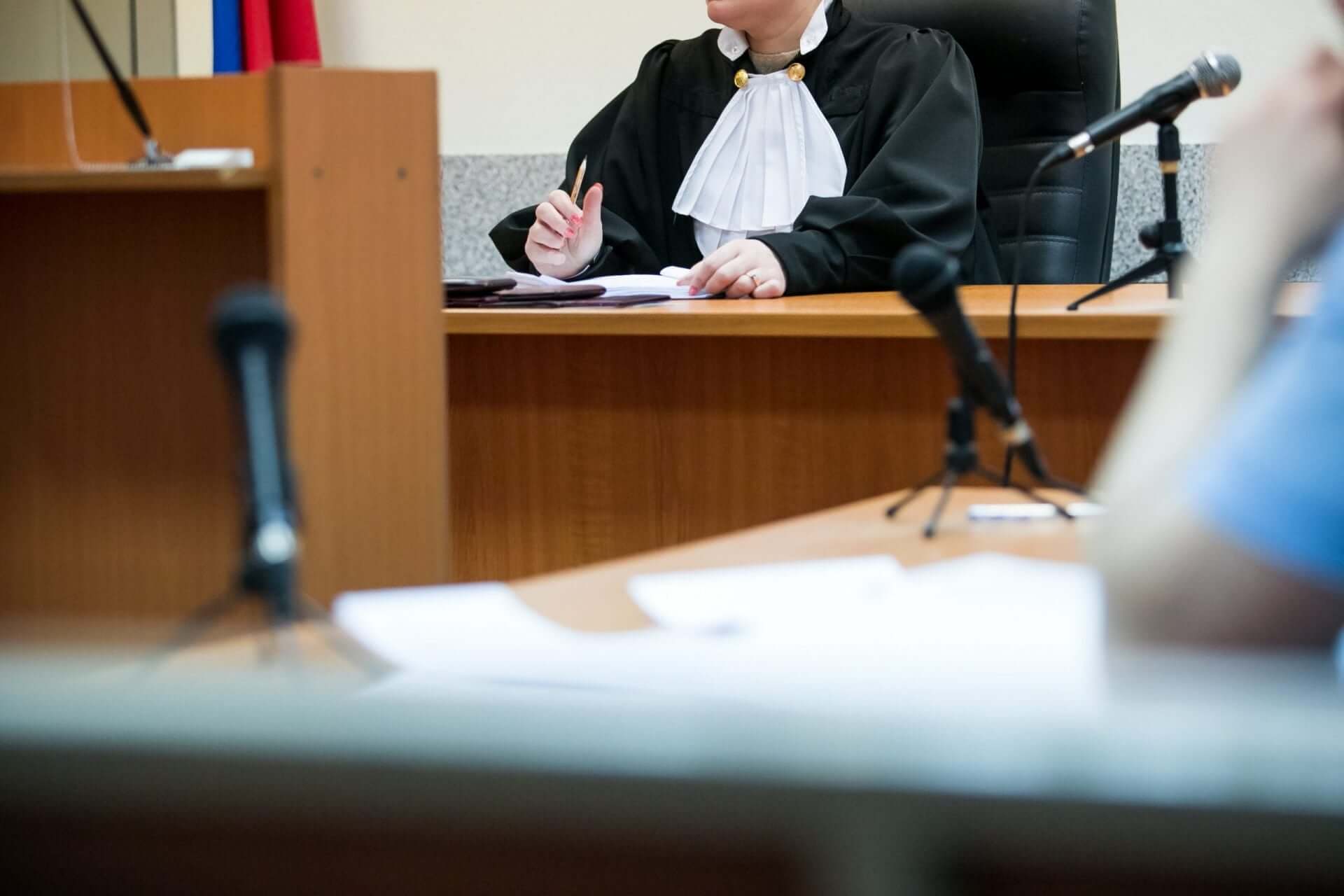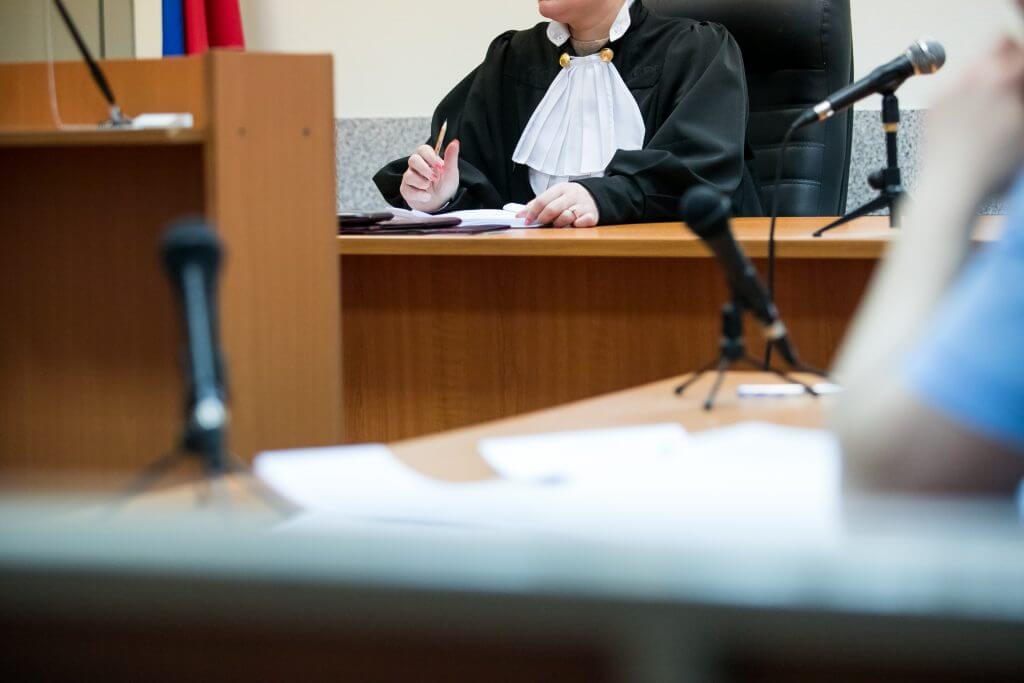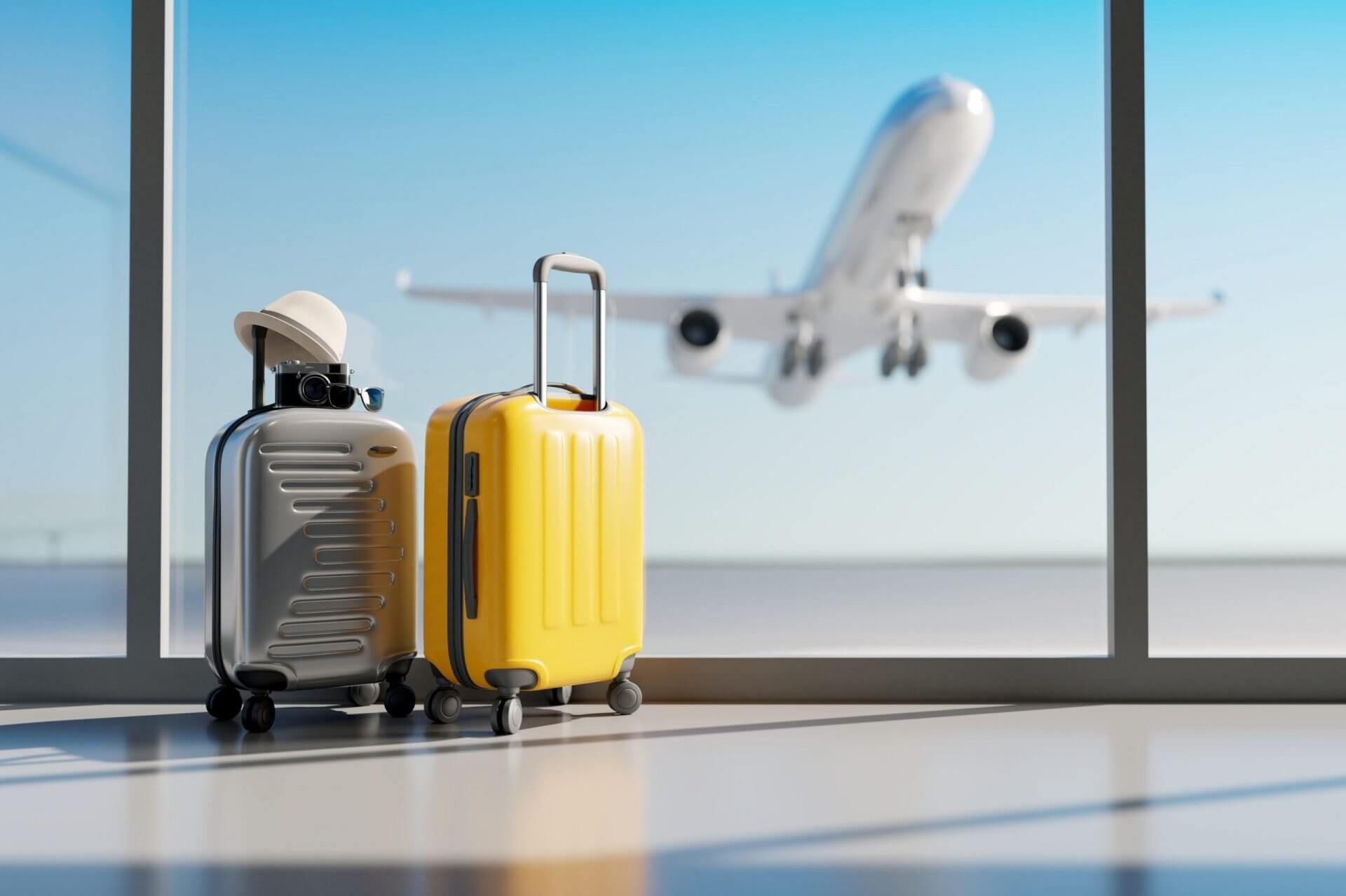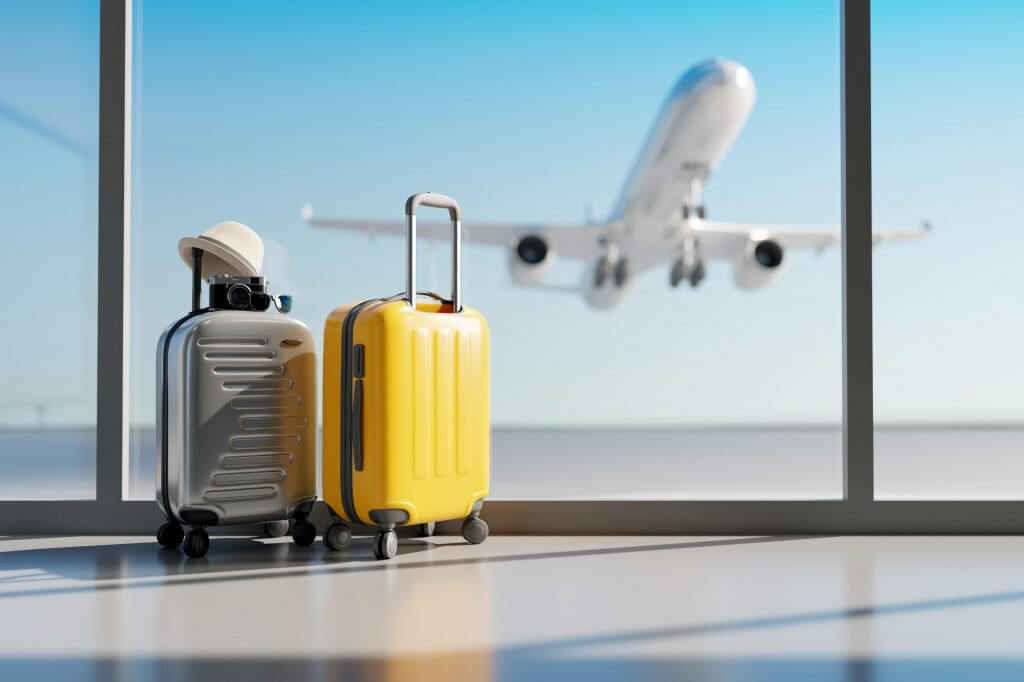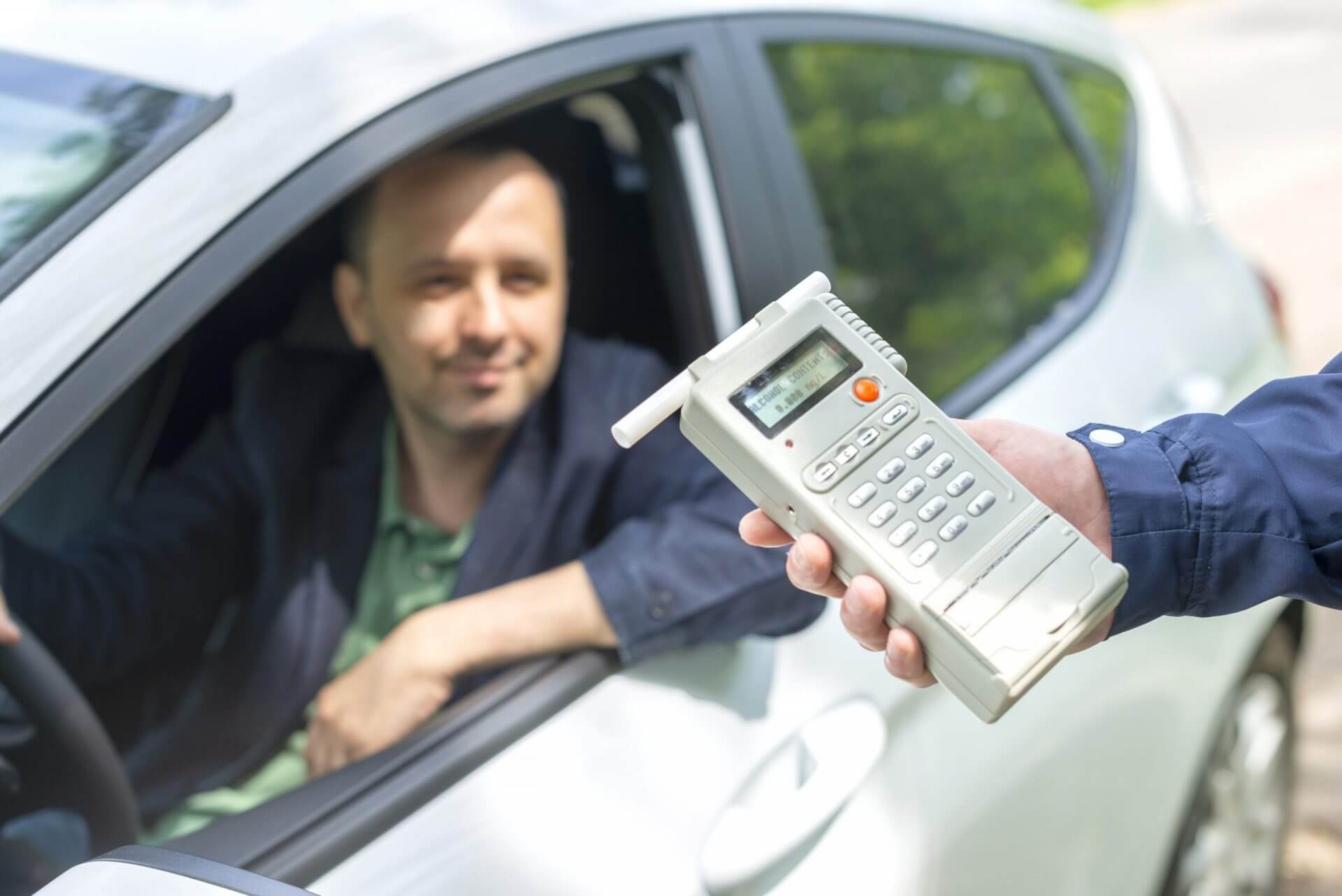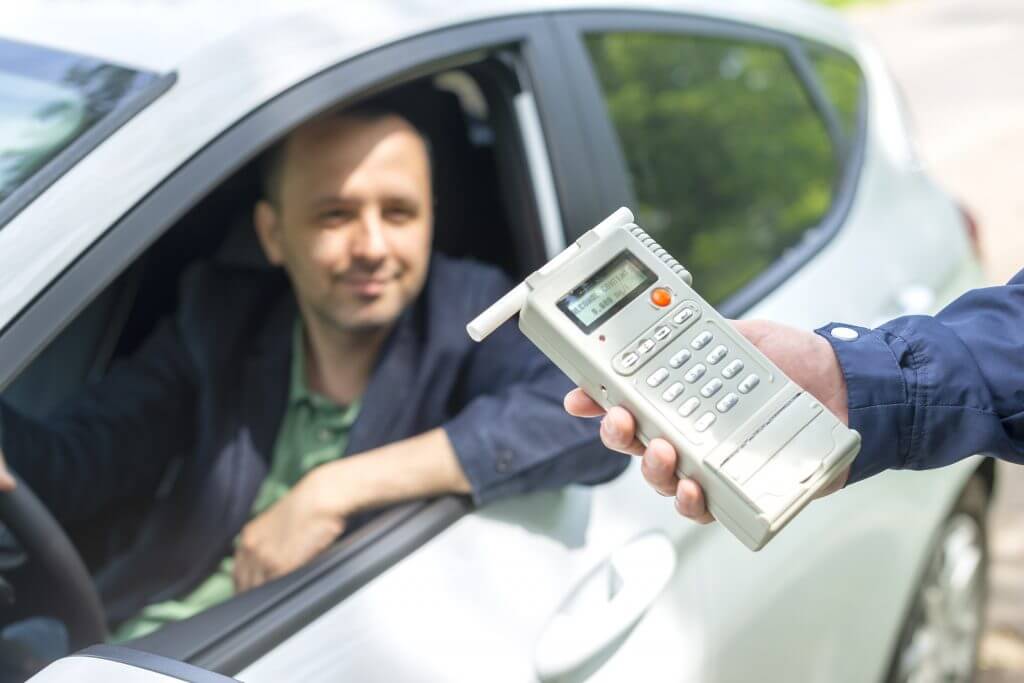Everyone has a part to play in keeping drunk drivers off the road. This includes taking safety measures like always buckling yourself in, calling the police if you suspect a drunk driver is on the road, and making sure you never get behind the wheel when you’re drunk. Delta Bail Bonds cares about the safety of you and your family, which is why we’ve put together a list of alternatives to driving drunk.
Have a Designated Driver
If you’re going out with a group of friends, decide on a designated driver before you start drinking. Regular drinking buddies can rotate this responsibility to ensure everyone has a chance to have fun, but make sure somebody has agreed to stay sober and drive everyone home.
Use a Ridesharing App, Taxi, or Public Transit
For solo drinkers or smaller groups, a designated driver might not be possible. In that case, rely on an app like Uber or Lyft, get a taxi, or take public transportation to your drinking spot and then back home. This might not be the most comfortable option, but it’s still better than driving home drunk.
Wait a Few Hours
If you really need to drive home, wait for the alcohol to run its course. You can use an online calculator to estimate your intoxication and how long it’ll take to sober up, but we recommend waiting a minimum of two or three hours. If alcohol changes your perception of time, set an alarm on your phone. Order some food at the bar or a nearby restaurant, go see a movie, or take a long walk around town to pass the time. Drink a lot of water and snack on calorie-dense foods like meat and cheese, which will help the alcohol metabolize and leave your system. Only drive home once you feel completely sober.
Spend the Night at a Friend’s Place
What if you’re too far from home or drinking at a friend’s house? Ask to spend the night at a nearby friend or family member’s house if you can’t make it home. This is the best option if you’re extremely intoxicated, since you’ll have at least one person there to help you if anything goes wrong. Alcohol can have a lot of unexpected consequences, some of which could get you sent to the hospital. It’s best to be surrounded by other people in case you lose consciousness or get sick.
Always Have a Plan
Most importantly, never go drinking without a plan. Use the tips we’ve outlined to plan your night of drinking, and always make a backup plan just in case something goes wrong. No matter how you decide to get home, never get behind the wheel unless you’re completely sober.
Delta Bail Bonds can Help
At Delta Bail Bonds, we care about you and your family. That’s why we’re available 24/7 to bail your loved ones out of any jail in the country. We handle all kinds of bail bonds, including DUI and DWI bonds. Our talented bail bondsmen will walk you through the difficult legal process and bail your loved one out, all at a percentage of the cost you’d have to pay to the court. Call or visit our website for more information on how we can help you!
